|
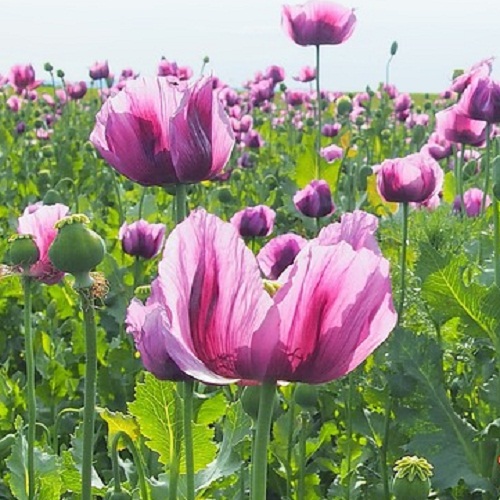 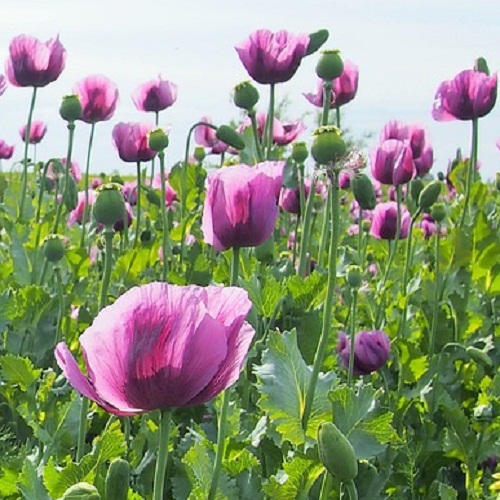 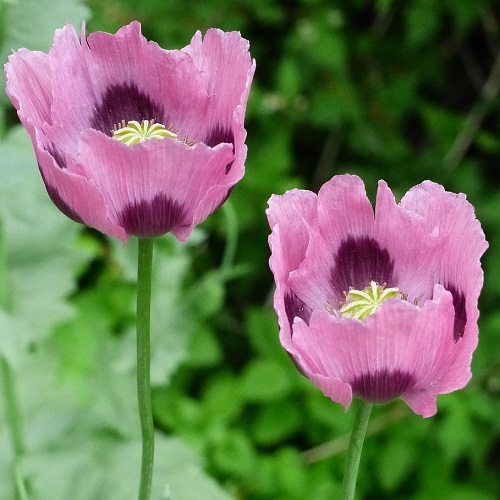 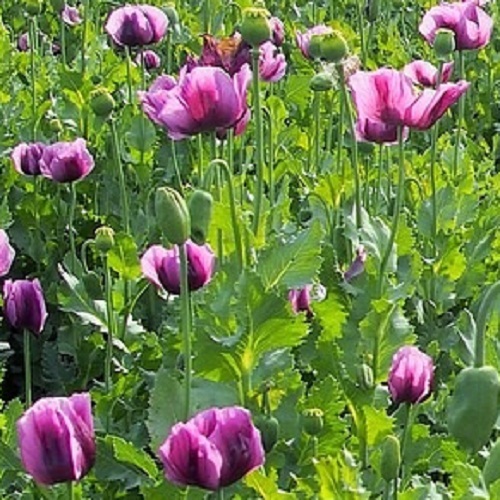 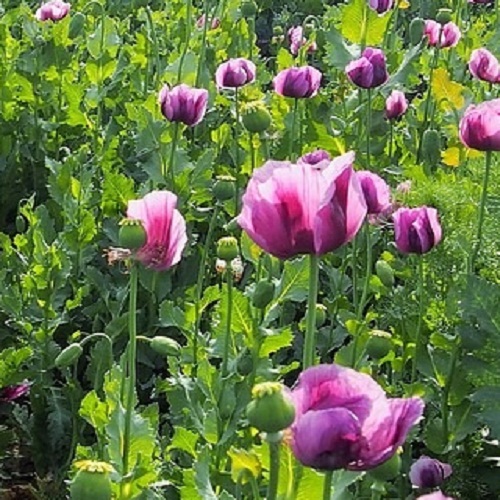
A graceful and gorgeous poppy from Hungary, beloved for its tasty seeds. This edible breadseed poppy produces dazzling purple petals that give way to large seed-filled pods. The pods are excellent for arranging, adding unique form to designs. The seeds are light blue with a nutty flavor. An annual that easily self-sows, we love to plant this poppy in drifts, creating a swaying sea of purple color. Many Hungarian recipes call for poppy seeds, from fillings to rolls and bread. There is even a traditional noodle dish with ground poppy seed topping.
Growing Tips
The Hungarian Blue Breadseed poppy is quite hardy, and thrives in full sun with loose, well-drained soil. They are drought-tolerant once established but prefer consistent moisture during the germination period. The seed pods that follow the blooms are both ornamental and ideal for culinary use, especially in baking.
When to Grow
Sow Hungarian Blue seeds in early spring or late fall. They require a period of cold to germinate properly, making fall sowing ideal for areas with mild winters. If sowing in spring, do so as early as the soil can be worked.
How to Sow and Plant
Directly sow the seeds on the soil surface as they need light to germinate. Thin the seedlings to about 8-10 inches apart once they have sprouted. Germination usually occurs within 14-21 days depending on temperature and soil conditions.
How to Grow
Hungarian Blue poppies don’t require a lot of maintenance. They tolerate poor soil but will benefit from richer, well-drained conditions. The flowers bloom from late spring through summer, and after the blooms fade, the pods can be harvested for seeds. Mulching helps retain soil moisture and keep weeds down.
How to Save
Mostly self-pollinating; however, small flies and honeybees may cross-pollinate closely planted varieties.
Often self-sows, but you can also harvest seeds when capsules turn brown and dry completely.
Save seed over winter in a cool, dark, dry place.
FAQ
Are the seeds of Hungarian Blue poppies edible?
Yes, the seeds are edible and commonly used in baking, particularly in traditional Hungarian dishes like poppy seed rolls.
Will Hungarian Blue poppies reseed themselves?
Yes, these poppies will self-seed if the pods are left on the plant, allowing them to return in subsequent years.
How long do Hungarian Blue poppy blooms last?
The individual blooms of poppies are generally short-lived, usually lasting only a few days. However, the plants produce flowers over an extended period, typically from late spring through early summer.
|
